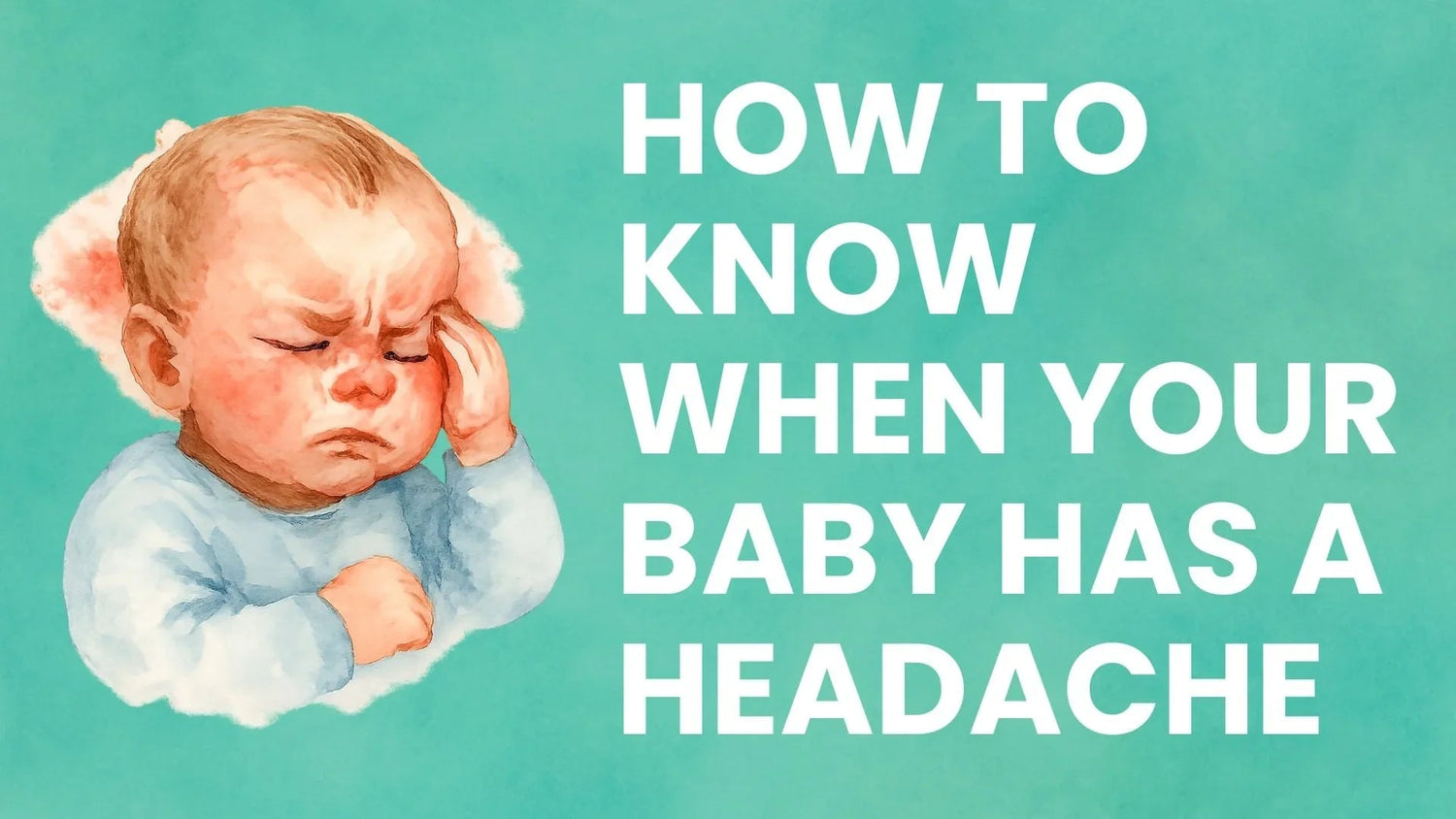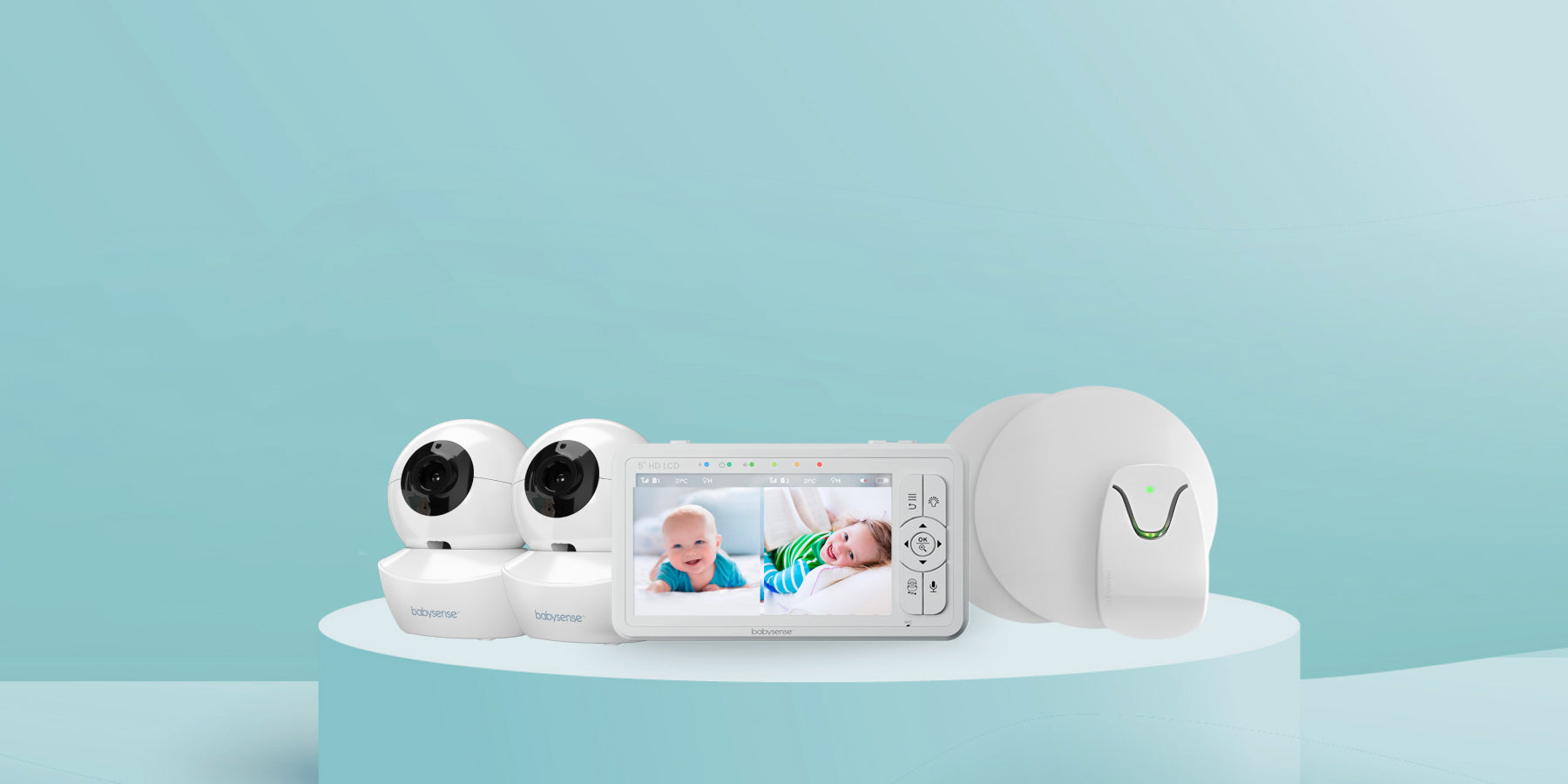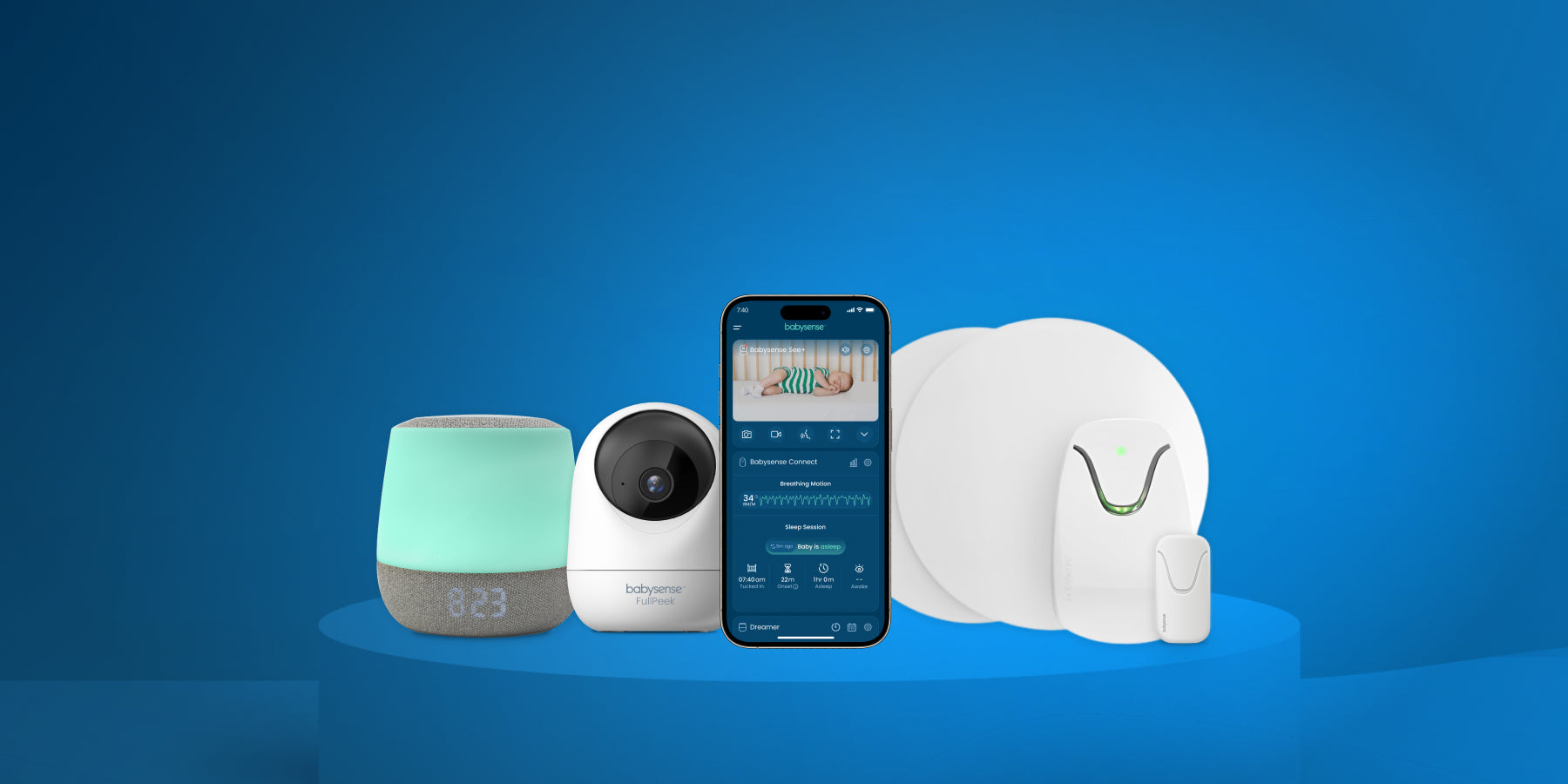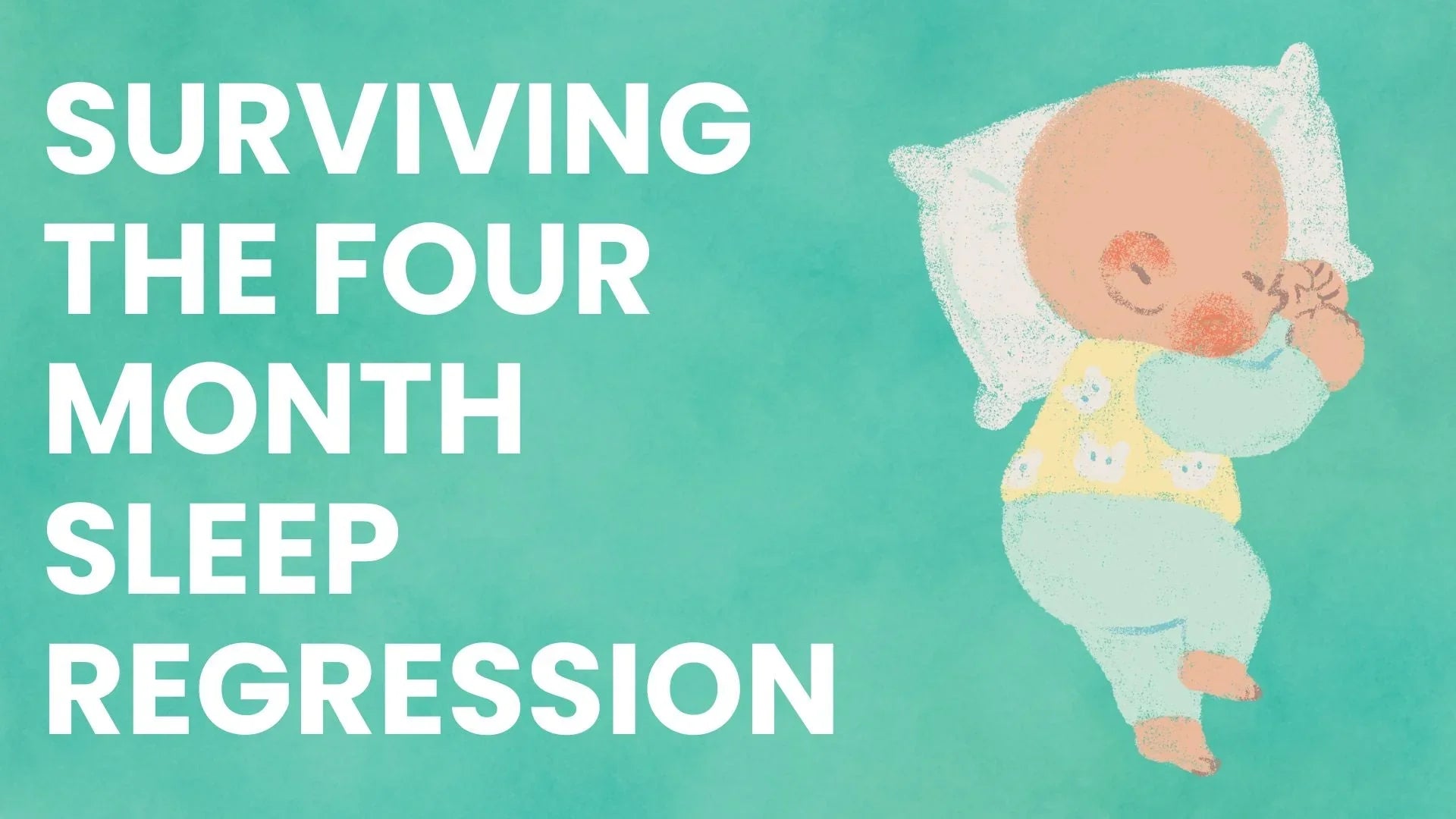How to Know When Your Baby Has a Headache
Babies can experience headaches, but since they cannot verbally express discomfort, recognizing behavioral and physical cues is essential. Understanding these indicators allows parents to respond quickly, provide comfort, and seek medical care when necessary.
Table of Contents
- Recognizing Signs of Headaches in Babies
- Common Causes of Headaches in Infants
- When to Consult a Pediatrician
- Comfort Measures at Home
- Preventive Tips for Baby Headaches
Recognizing Signs of Headaches in Babies
Since babies can’t say “I have a headache,” parents must watch for physical and behavioral cues:
- Persistent crying or fussiness: Unusual, inconsolable crying with no clear cause.
- Irritability and clinginess: Needing extra comfort or showing unusual agitation.
- Head grabbing or rubbing: Touching or holding the head more often than usual.
- Sleep disturbances: Trouble falling asleep or frequent night waking.
- Light sensitivity: Squinting or turning away from bright light.
- Reduced appetite: Disinterest in feeding.
- Head banging: Repetitive movements that may signal pain.
- Ear tugging: May be linked to headaches or ear infections.
Common Causes of Headaches in Infants
- Illnesses: Colds, flu, or ear infections.
- Teething: Pain radiating to the head.
- Hunger or dehydration: Missed feedings or low fluid intake.
- Overstimulation: Loud noises, crowds, or rapid environment changes.
- Sleep deprivation: Inconsistent or poor sleep quality.
- Head injuries: Even minor bumps can cause headaches.
When to Consult a Pediatrician
Seek immediate medical care if your baby shows:
- High fever with stiff neck.
- Vomiting without other illness symptoms.
- Seizures or unresponsiveness.
- Behavior changes: Lethargy, confusion, extreme irritability.
- Physical signs: Bulging fontanelle or unusually rapid head growth.
Comfort Measures at Home
- Create a calm space: Dim lights and keep noise low.
- Hydrate: Offer breastmilk, formula, or water (if age-appropriate).
- Maintain feeding schedule: Avoid hunger-related headaches.
- Gentle head massages: May ease tension.
- Cool compress: Apply to forehead for soothing relief.
Important: Always consult your pediatrician before giving medication.
Preventive Tips for Baby Headaches
- Keep a consistent routine for sleep and feeding.
- Address illness symptoms early.
- Ensure a safe environment to prevent falls.
- Balance stimulation with quiet time.
Key Takeaways
- Watch for non-verbal signs of pain like fussiness, head grabbing, or sleep changes.
- Know common causes—illness, teething, dehydration, overstimulation.
- Seek prompt medical advice for severe or persistent symptoms.
- Use home comfort measures to help soothe your baby while awaiting care.





